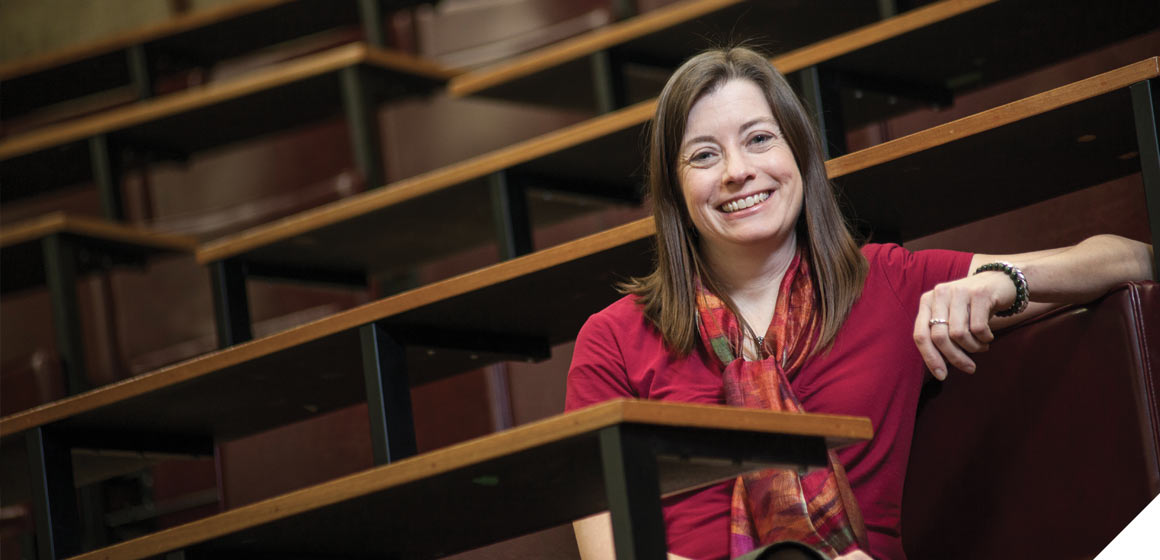 Monday 3 February 2014 11:40am
Monday 3 February 2014 11:40amEducation in the digital world presents new challenges – and opportunities. Otago researchers are looking at ways in which new technologies can deliver the best results for young New Zealanders.
In an age of tweets, blogs, vlogs and wikis a two-year research project being driven by the University of Otago College of Education is rethinking what can be considered literacy in the modern world.
Dr Susan Sandretto says New Zealand's literacy policy is at least 10 years old and hasn't caught up with the rapid changes in information and communication technologies, so one of the key themes is the need to shift what counts as literacy, and the kinds of texts teachers and students work with.
"So why not use a purely visual text like a piece of art, or a video clip, or a podcast? Each of those systems has its own codes and conventions that they use to communicate, so why not help students add them to their repertoire?"
The project involved Year-7 and -8 teachers and students from primary schools, intermediates and a college, as well as a rural-based school.
"We have this amazing range of tools to make texts so why aren't classroom practices part of it?"
Sandretto says that, as a teacher educator, she is concerned with how best to support teachers to develop a flexible literacy programme that will prepare students to engage with any text they encounter.
"Text is a term we use very broadly – it's visual, gestural, spatial, audio and linguistic. So how do we support kids to be able to attack any text that they come across?
"For teachers, it means stepping back and thinking about what counts as literacy these days, and then what does that mean for the programme I currently have and the one I want to develop?"
She says feedback from teachers and students is extremely positive. They enjoy learning more about interpreting text, but students also emphasise that they want to create more texts.
"When you think about what kids have at their fingertips now – having a blog, a webpage, a wiki entry, a PowerPoint, or even a tweet. We have this amazing range of tools to make texts so why aren't classroom practices part of it?"
Funding
- Teaching and Learning Research Initiative
